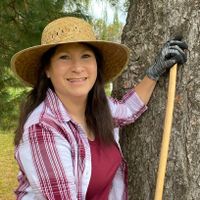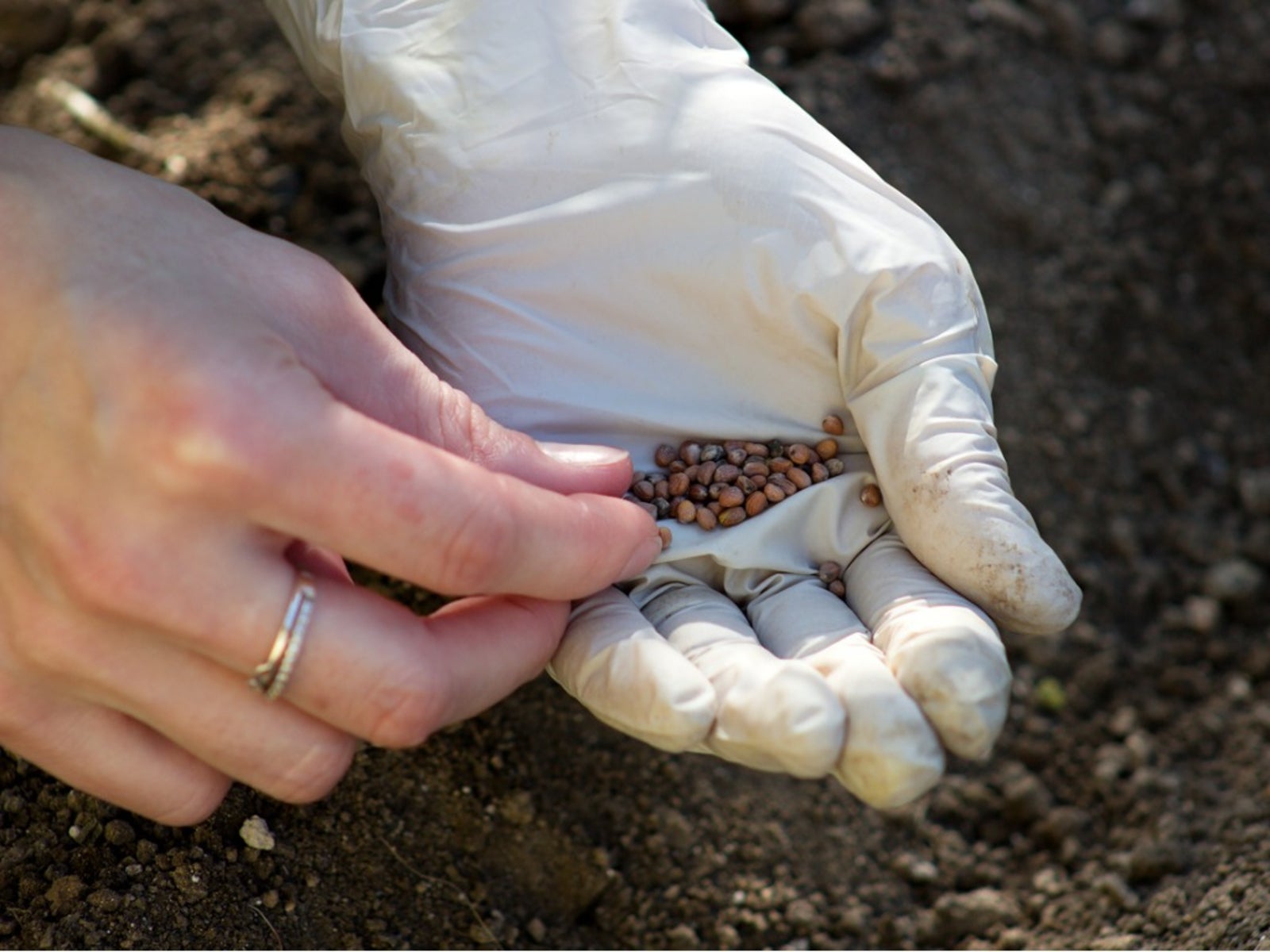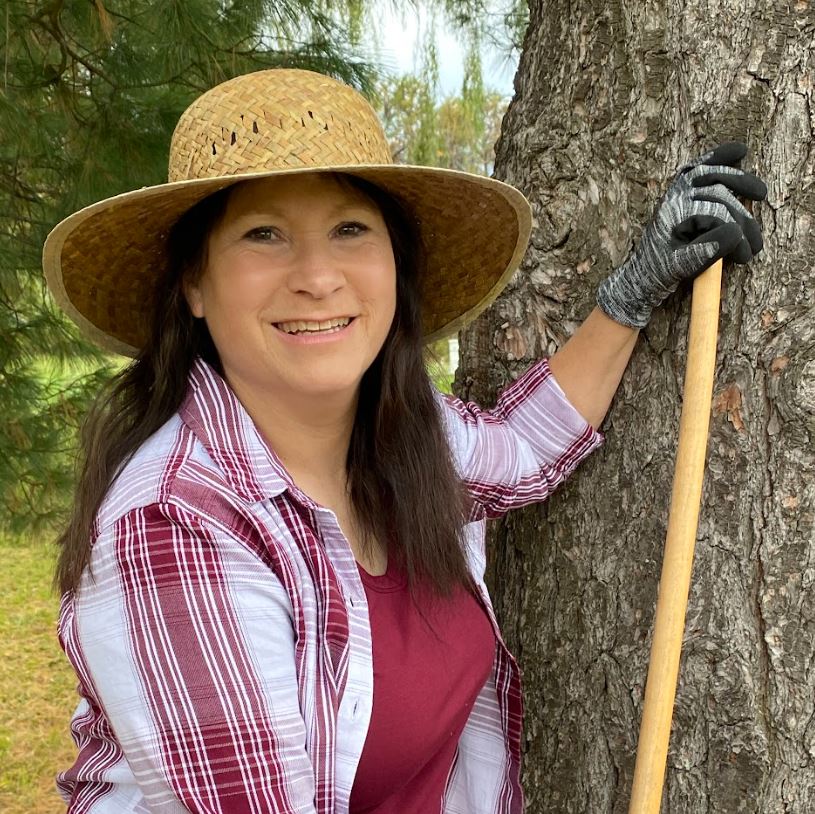Beginner Vegetable Seeds - What Vegetable Seeds Are Easy To Grow


Sign up for the Gardening Know How newsletter today and receive a free copy of our e-book "How to Grow Delicious Tomatoes".
You are now subscribed
Your newsletter sign-up was successful
Everybody starts somewhere and gardening is no different. If you're new to gardening, you may be wondering what vegetable seeds are easy to grow. Many times, these are the ones you can direct seed into the garden. These types of easy-to-plant vegetable seeds germinate quickly, require minimal care and mature before the killing frosts of fall arrive. If that sounds perfect, let's take a look at some of the best vegetable seeds for beginners to grow.
Beginner Vegetable Seeds
The first rule of vegetable gardening is plant what you like to eat. That being said, here's a list of easy vegetables seeds to grow. Concentrate on a few or choose them all. With a little luck, you'll be picking veggies for dinner in no time!
- Arugula
- Beans
- Beets
- Carrots
- Collards
- Corn
- Cress
- Cucumbers
- Edamame
- Kale
- Lettuce
- Melon
- Peas
- Pumpkins
- Rutabaga
- Radish
- Spinach
- Squash
- Swiss Chard
- Turnips
Visit Our Seed Starting Page for More
Achieving Success with Easy-to-Plant Vegetable Seeds
Once you've selected a few of these easy vegetable seeds to grow, it's time to garden. Remember, even these beginner vegetable seeds need a little TLC in order to grow and produce food for the table. Here are a few tips to help you achieve success with the easy-to-plant vegetable seeds you've selected.
- Prime sowing period – Even easy-to-plant vegetable seeds need placed in the ground when conditions are ideal for them to germinate. How do you know when to plant? This information is usually located on the back of the seed packet. This is where you'll also find how deep to plant the seeds and how far apart to space them.
- Nutrient-rich, loose soil – Compact soil is difficult for plant roots to penetrate and, if they can't expand they won't reach the nutrients they need. Prior to planting, work up the soil and remove any existing vegetation, like grass or weed roots. If planting in the ground isn't an option, purchase quality potting soil and grow your beginner vegetable seeds in planters on a patio or balcony.
- Proper moisture levels – Some plants can grow underwater, while other live in the desert. But most vegetable seeds for beginners prefer well-draining soil and a moderate amount of moisture. Keep the soil damp while the seeds are germinating, then water the growing plants when the top layer of soil is dry to the touch.
- Lots of sun – The majority of easy-to-plant vegetable seeds will grow best with at least six hours of direct sunlight per day. Some plants, like romaine lettuce, prefer a bit of afternoon shade.
- Extra food – While many of the recommended vegetable seeds for beginners will grow quite well in moderately-rich garden soil, periodically applying organic fertilizer can increase harvest yields. Some heavy feeders, like sweet corn, need this extra boost to produce well.
Sign up for the Gardening Know How newsletter today and receive a free copy of our e-book "How to Grow Delicious Tomatoes".

Laura Miller has been gardening all her life. Holding a degree in Biology, Nutrition, and Agriculture, Laura's area of expertise is vegetables, herbs, and all things edible. She lives in Ohio.